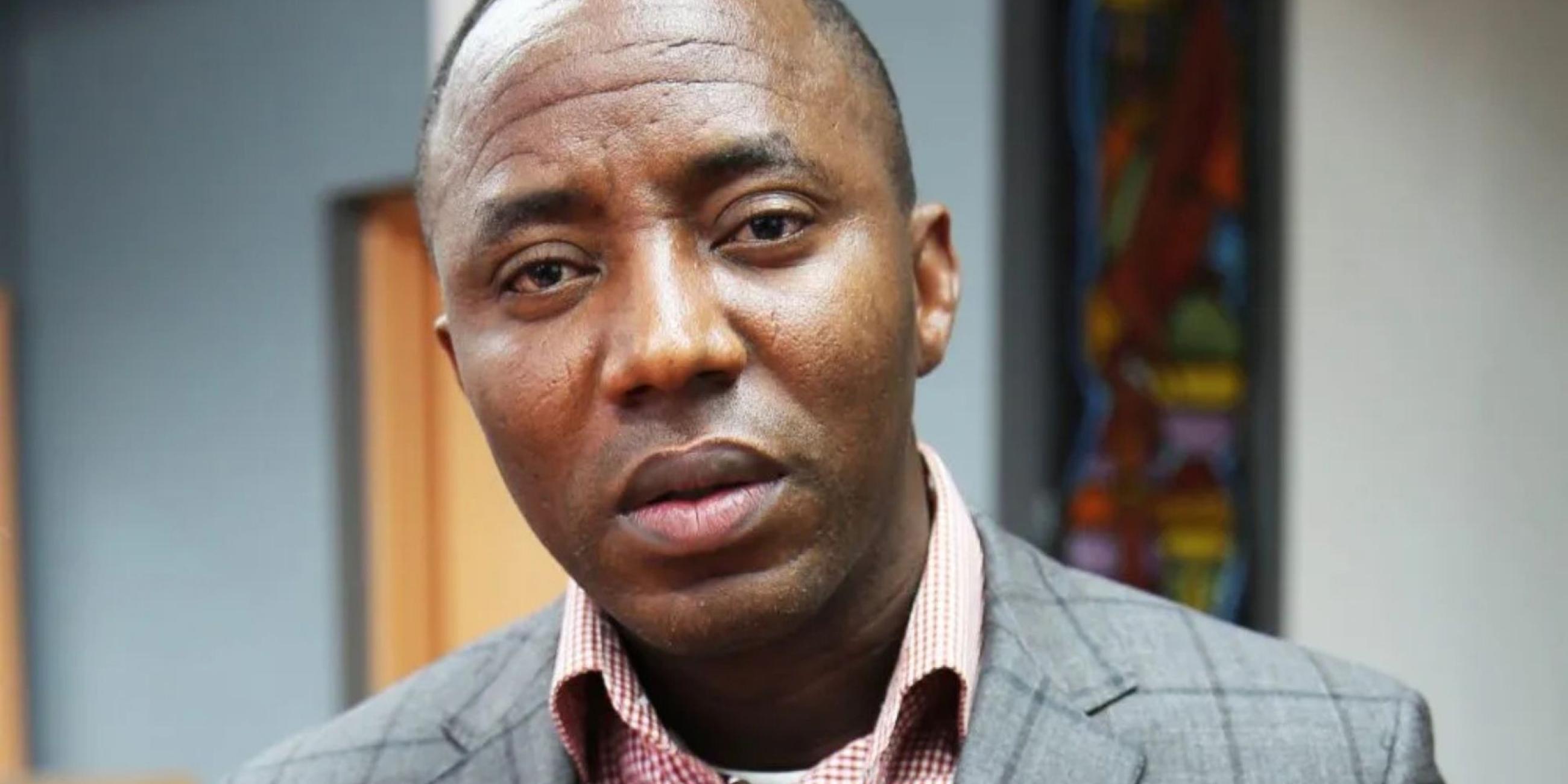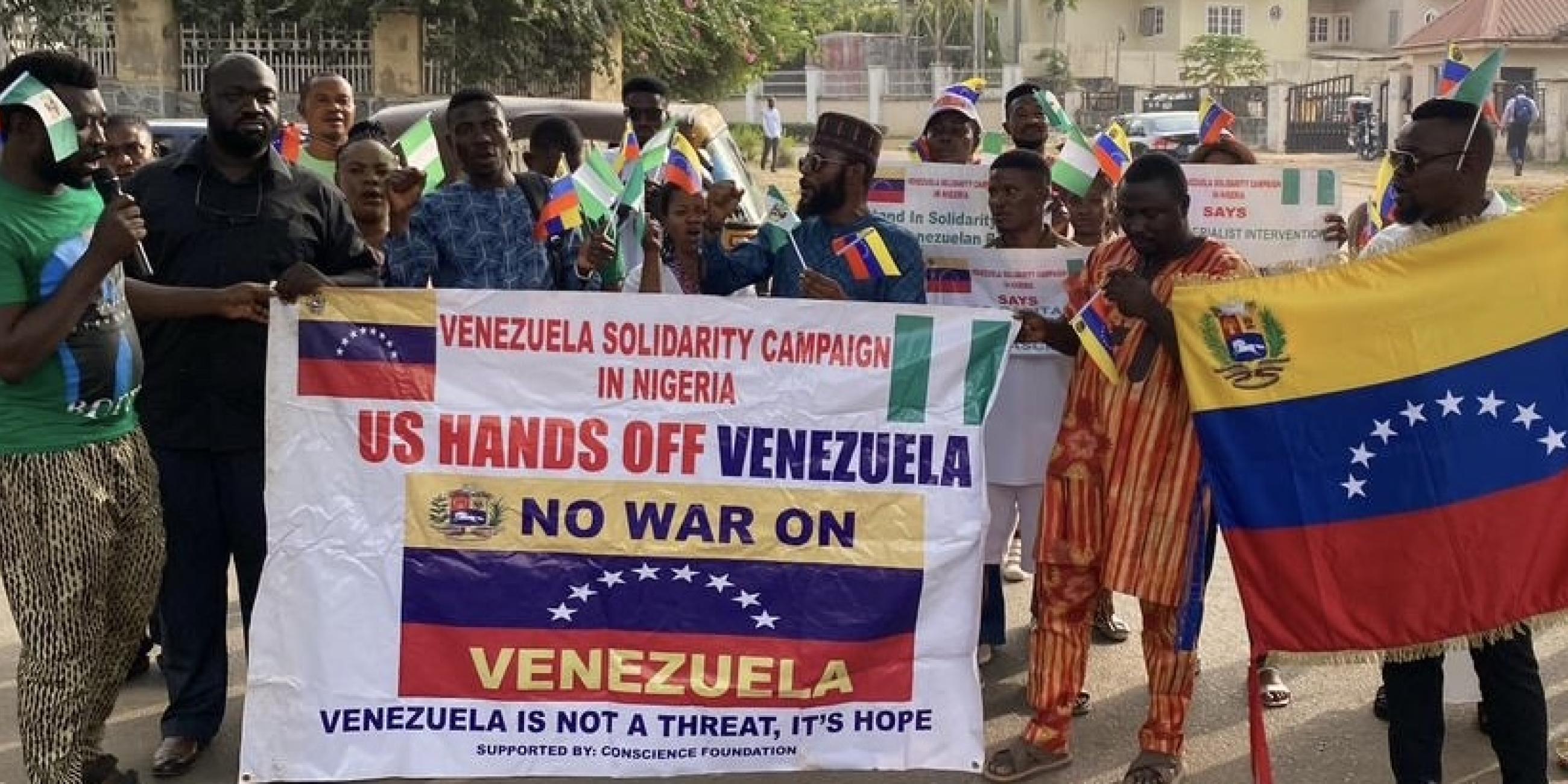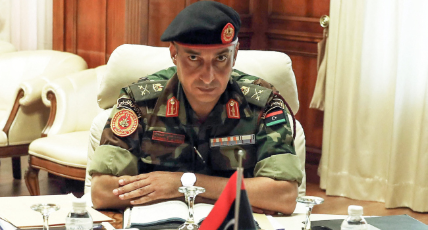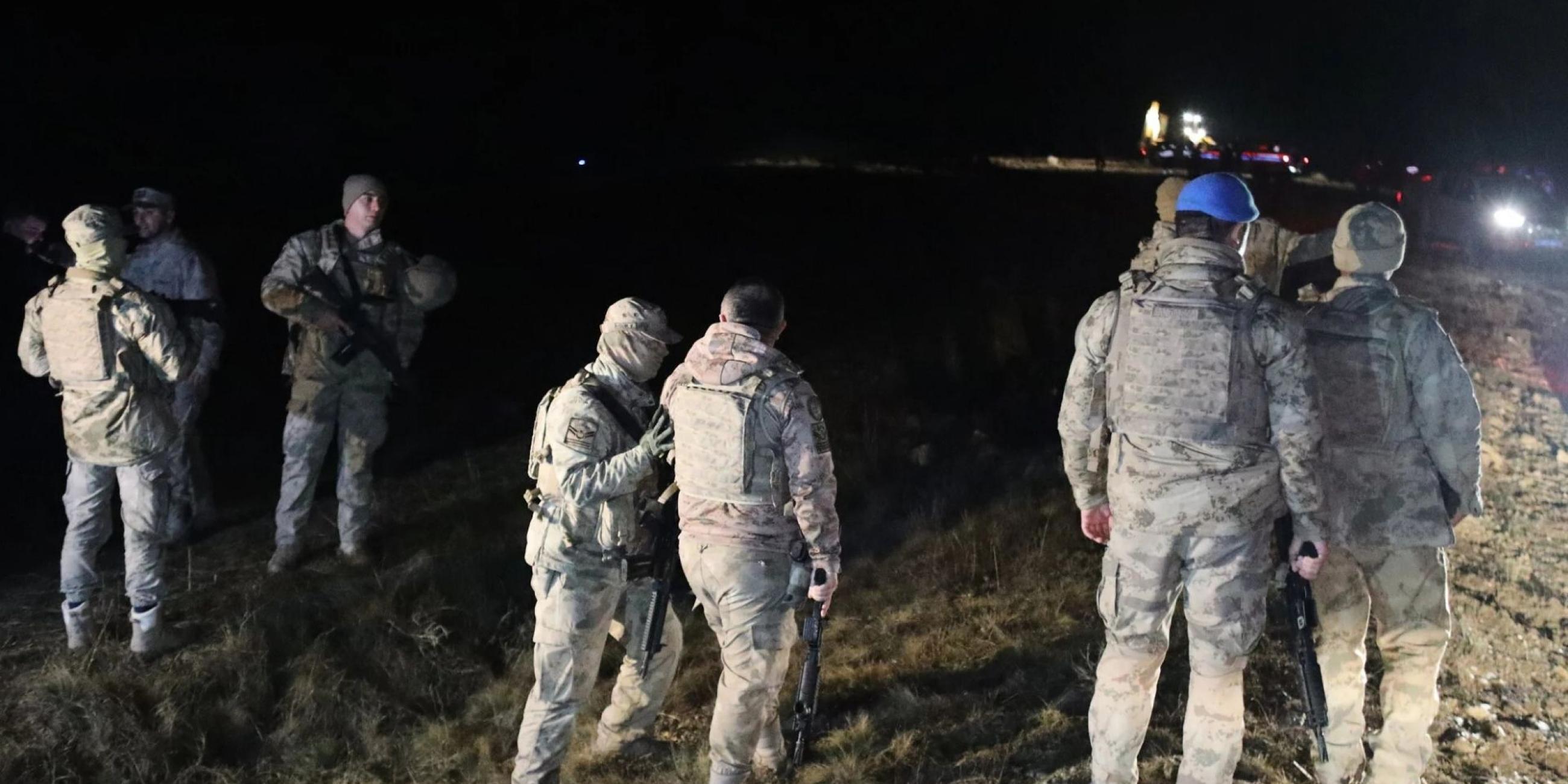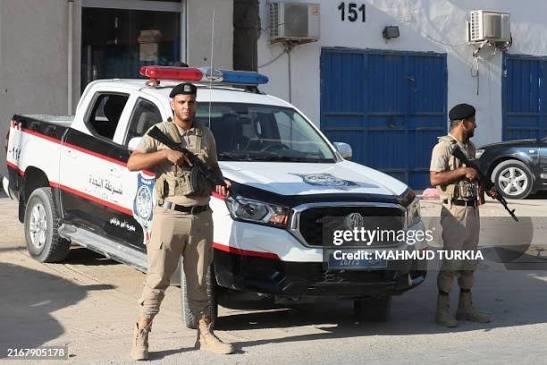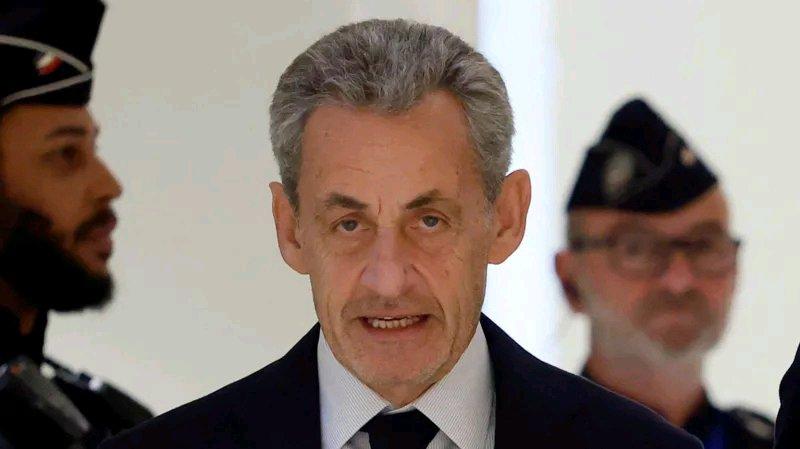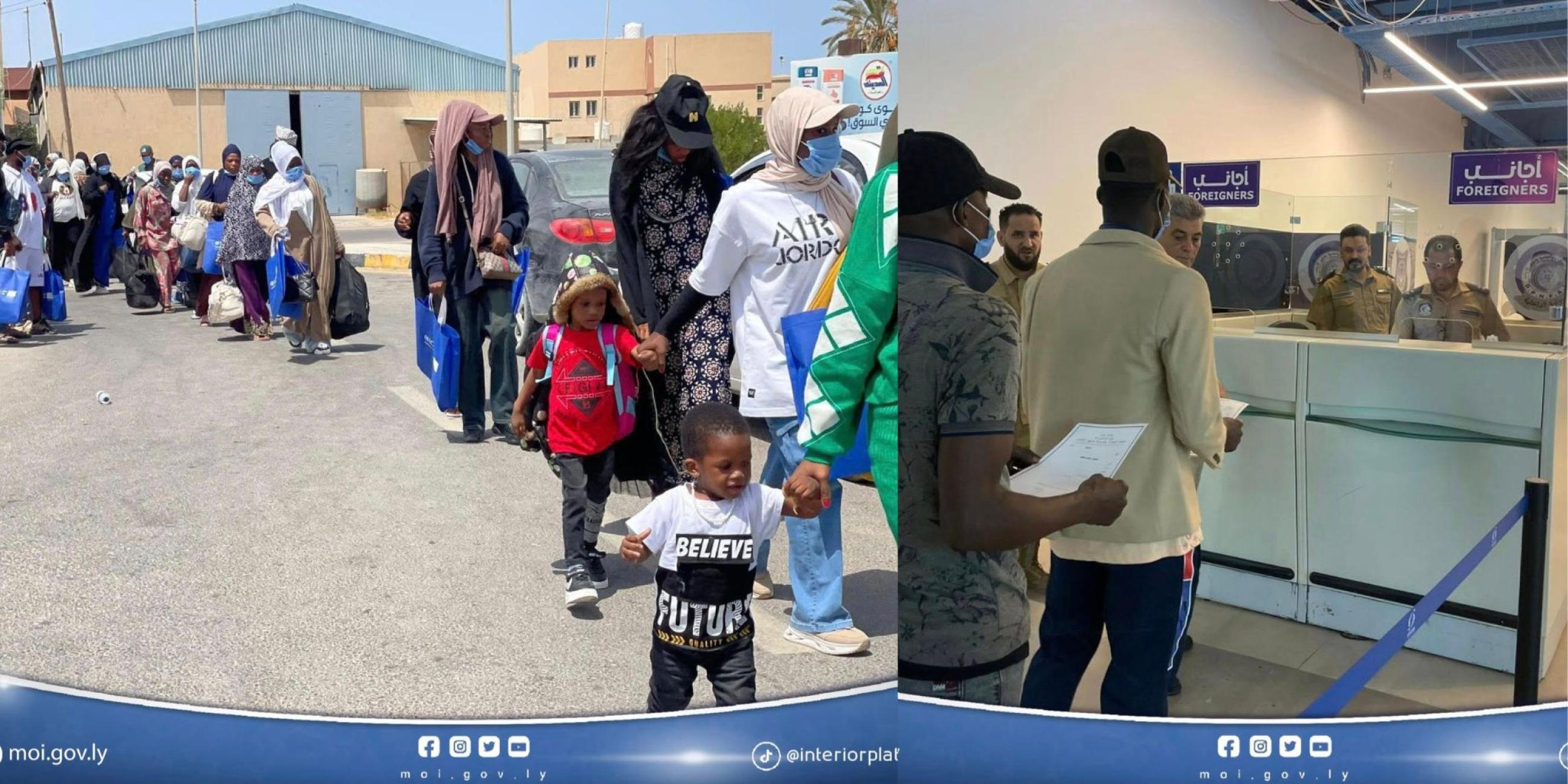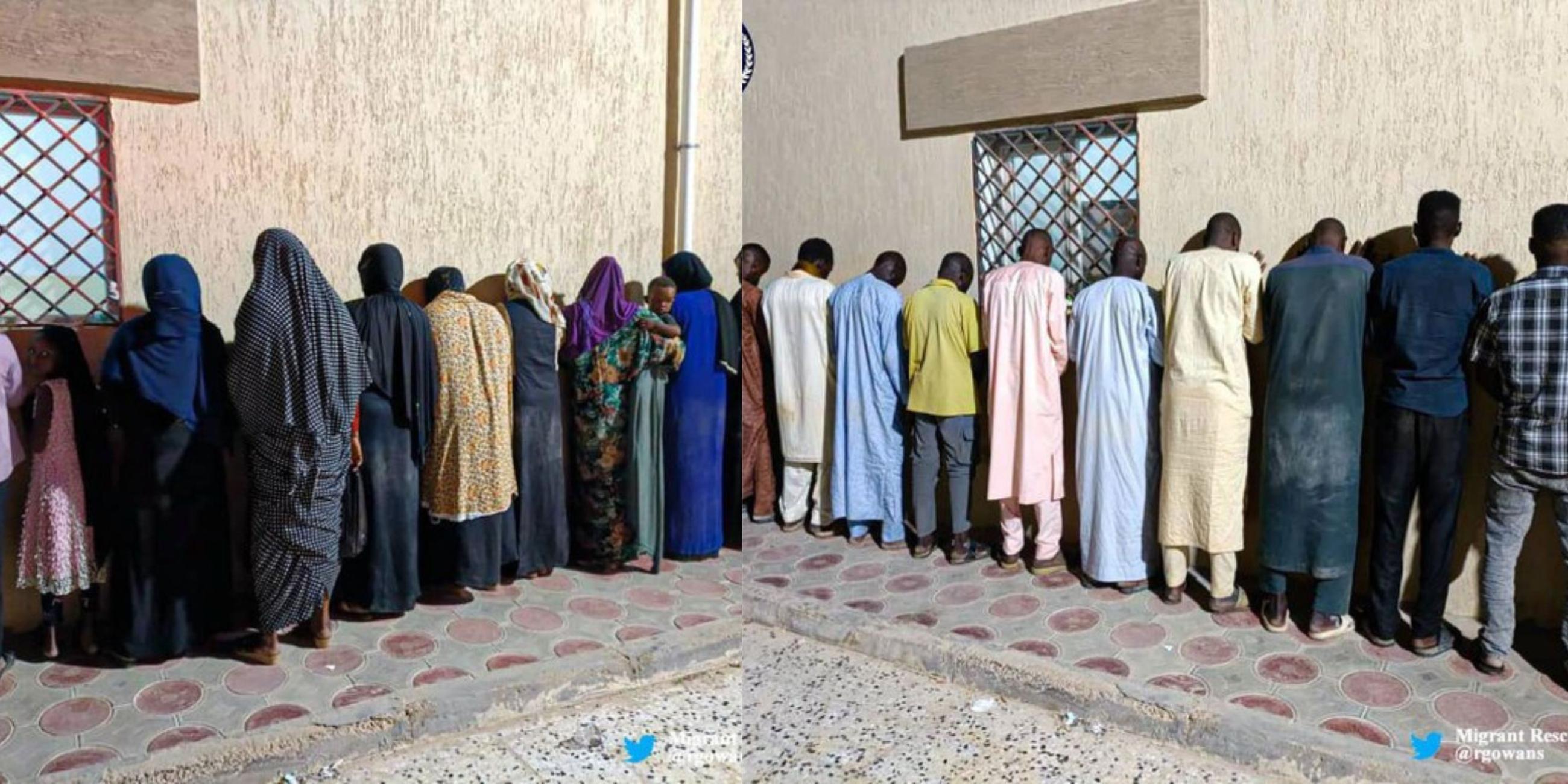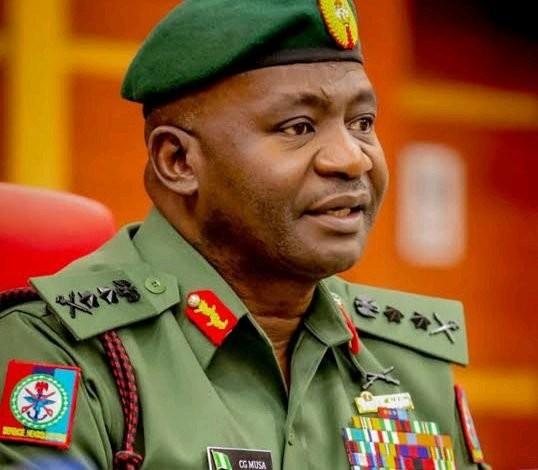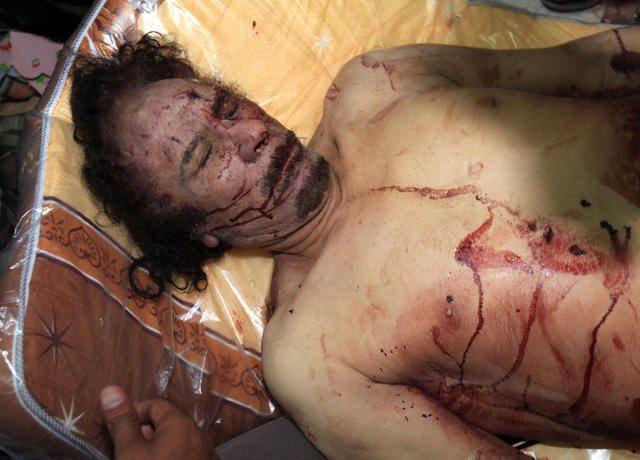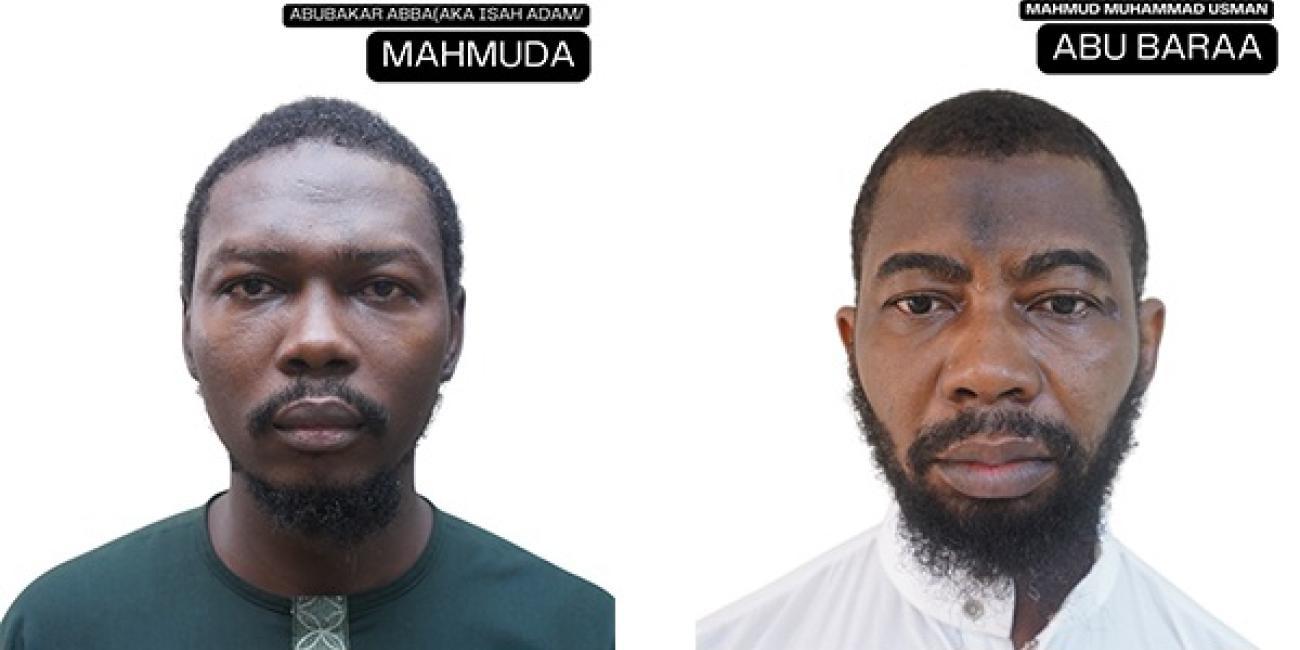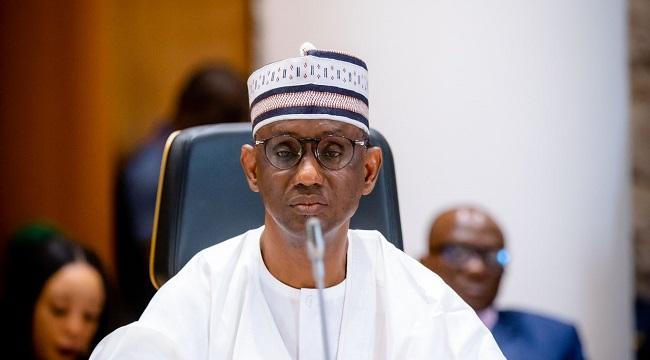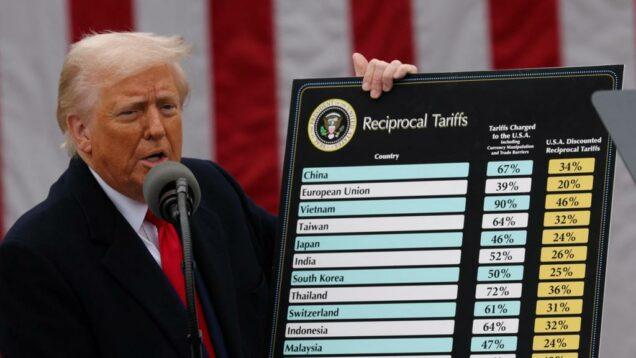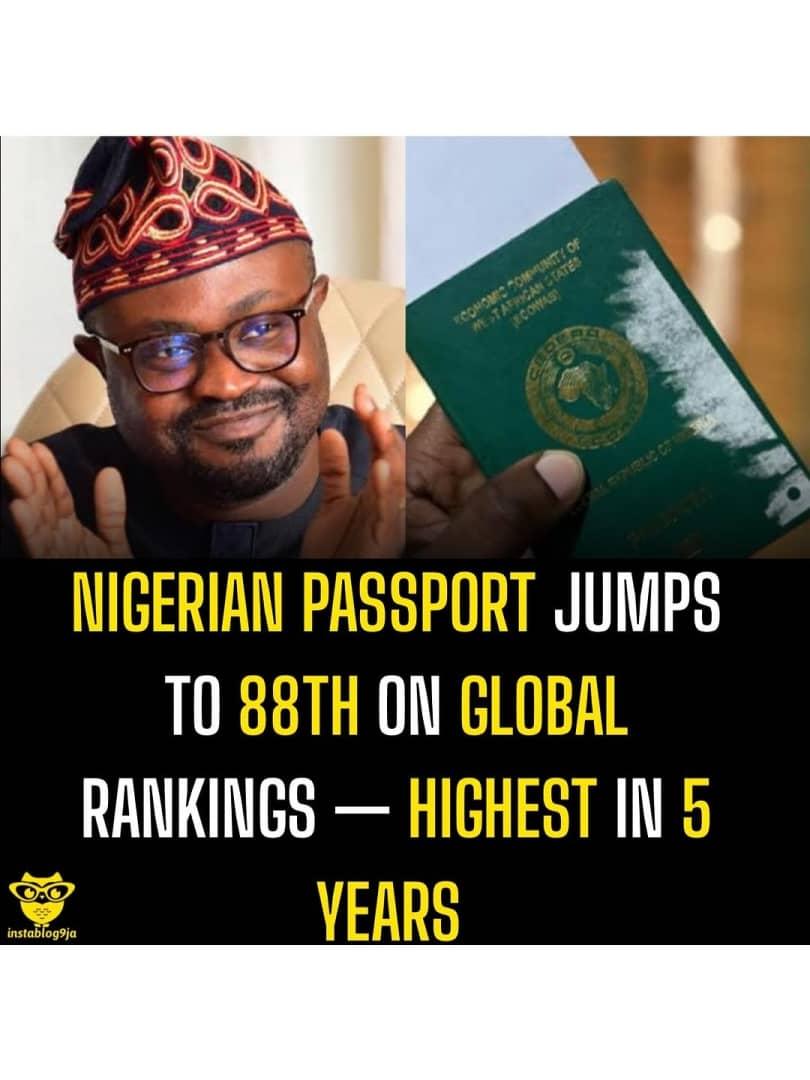Libya Arrests Nigerian Woman and Ghanaian Husband Over Alleged Torture and Starvation of Orphaned Child to Death
Libyan authorities have arrested a Nigerian woman and her Ghanaian husband over allegations that they tortured and starved an orphaned child to death in Tripoli. According to reports, the child’s biological mother died under questionable circumstances approximately two years ago, leaving the boy in the care of the couple.
Police sources revealed that the suspects subjected the child to prolonged abuse, neglect, and starvation, ultimately resulting in his death. The arrest, carried out on January 7, 2025, follows ongoing investigations into the incident, with Libyan authorities yet to disclose full details of the charges or the suspects’ identities.
The case has sparked outrage on social media, with witnesses identifying the couple and condemning their alleged actions. Activists, including prominent anti-human trafficking campaigner Yakubu Oyiza Hope, expressed shock and dismay at the cruelty inflicted on the orphan, while welcoming the swift intervention of Libyan authorities.
The incident underscores the vulnerability of orphaned children and the need for strict oversight of guardianship, particularly in foreign countries. Investigations are ongoing, and the Libyan government has pledged to ensure that justice is served.
The tragic event has drawn international attention and calls for heightened child protection measures in Libya, highlighting the urgent need to combat abuse and neglect against minors.
Libyan authorities have arrested a Nigerian woman and her Ghanaian husband over allegations that they tortured and starved an orphaned child to death in Tripoli. According to reports, the child’s biological mother died under questionable circumstances approximately two years ago, leaving the boy in the care of the couple.
Police sources revealed that the suspects subjected the child to prolonged abuse, neglect, and starvation, ultimately resulting in his death. The arrest, carried out on January 7, 2025, follows ongoing investigations into the incident, with Libyan authorities yet to disclose full details of the charges or the suspects’ identities.
The case has sparked outrage on social media, with witnesses identifying the couple and condemning their alleged actions. Activists, including prominent anti-human trafficking campaigner Yakubu Oyiza Hope, expressed shock and dismay at the cruelty inflicted on the orphan, while welcoming the swift intervention of Libyan authorities.
The incident underscores the vulnerability of orphaned children and the need for strict oversight of guardianship, particularly in foreign countries. Investigations are ongoing, and the Libyan government has pledged to ensure that justice is served.
The tragic event has drawn international attention and calls for heightened child protection measures in Libya, highlighting the urgent need to combat abuse and neglect against minors.
Libya Arrests Nigerian Woman and Ghanaian Husband Over Alleged Torture and Starvation of Orphaned Child to Death
Libyan authorities have arrested a Nigerian woman and her Ghanaian husband over allegations that they tortured and starved an orphaned child to death in Tripoli. According to reports, the child’s biological mother died under questionable circumstances approximately two years ago, leaving the boy in the care of the couple.
Police sources revealed that the suspects subjected the child to prolonged abuse, neglect, and starvation, ultimately resulting in his death. The arrest, carried out on January 7, 2025, follows ongoing investigations into the incident, with Libyan authorities yet to disclose full details of the charges or the suspects’ identities.
The case has sparked outrage on social media, with witnesses identifying the couple and condemning their alleged actions. Activists, including prominent anti-human trafficking campaigner Yakubu Oyiza Hope, expressed shock and dismay at the cruelty inflicted on the orphan, while welcoming the swift intervention of Libyan authorities.
The incident underscores the vulnerability of orphaned children and the need for strict oversight of guardianship, particularly in foreign countries. Investigations are ongoing, and the Libyan government has pledged to ensure that justice is served.
The tragic event has drawn international attention and calls for heightened child protection measures in Libya, highlighting the urgent need to combat abuse and neglect against minors.
0 Kommentare
·0 Geteilt
·106 Ansichten



